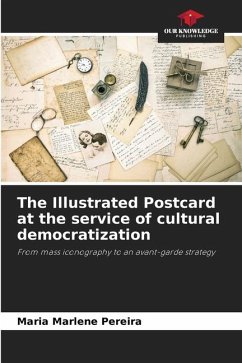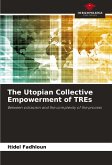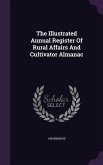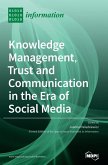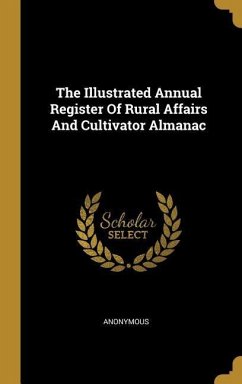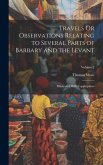Although today a less popular means of communication than it was a few decades ago, the illustrated postcard still circulates as a medium for visual messages. This has been the case, at least, in the field of advertising, where the postcard appears in various forms, from the more traditional to the electronic. It is precisely on the basis of this observation that we propose, in this work, a reflection on the use of this now century-old medium in the context of contemporary organizations, whose management and operation depends, increasingly and irreversibly, on Information and Communication Technologies. In other words, the aim is to detect in the technological simplicity of the postcard the potential to respond to the communication challenges that arise in a context of saturation and great semiotic competition. Without any intention of establishing the postcard as a premium medium compared to the technological sophistication of other formats, we intend to explore the integrated use of a medium which, due to its intrinsic historical and cultural meanings, generates empathy in the consumer, enabling effective contact with the message.
Bitte wählen Sie Ihr Anliegen aus.
Rechnungen
Retourenschein anfordern
Bestellstatus
Storno

